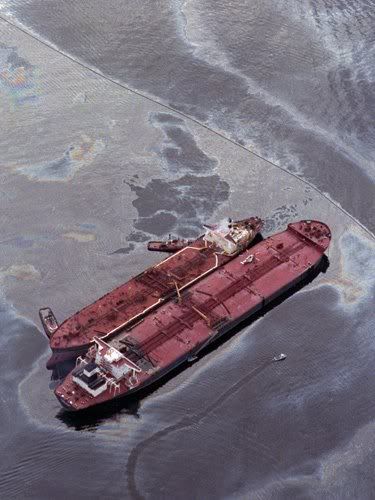T
tonkandy
Guest
For myself, I think my investment in solar 6.5 years ago, while expensive, is going to prove itself. Electricity costs have gone up here since I installed solar, and I'm on schedule to pay off the cost in about 6 more years. From then on -- and my panels have a 25 year warranty -- it's all free juice.
I think that your numbers while good for California don't work out as well elsewhere. Based on your numbers, you've generated about 90,000 kWh over 6.5 years (if I read your web site correctly). That's about $1,250 per year in Minnesota ( 0.09 per kWh). A 10 kW system like you have is going to cost about $40,000 just for the panels.







